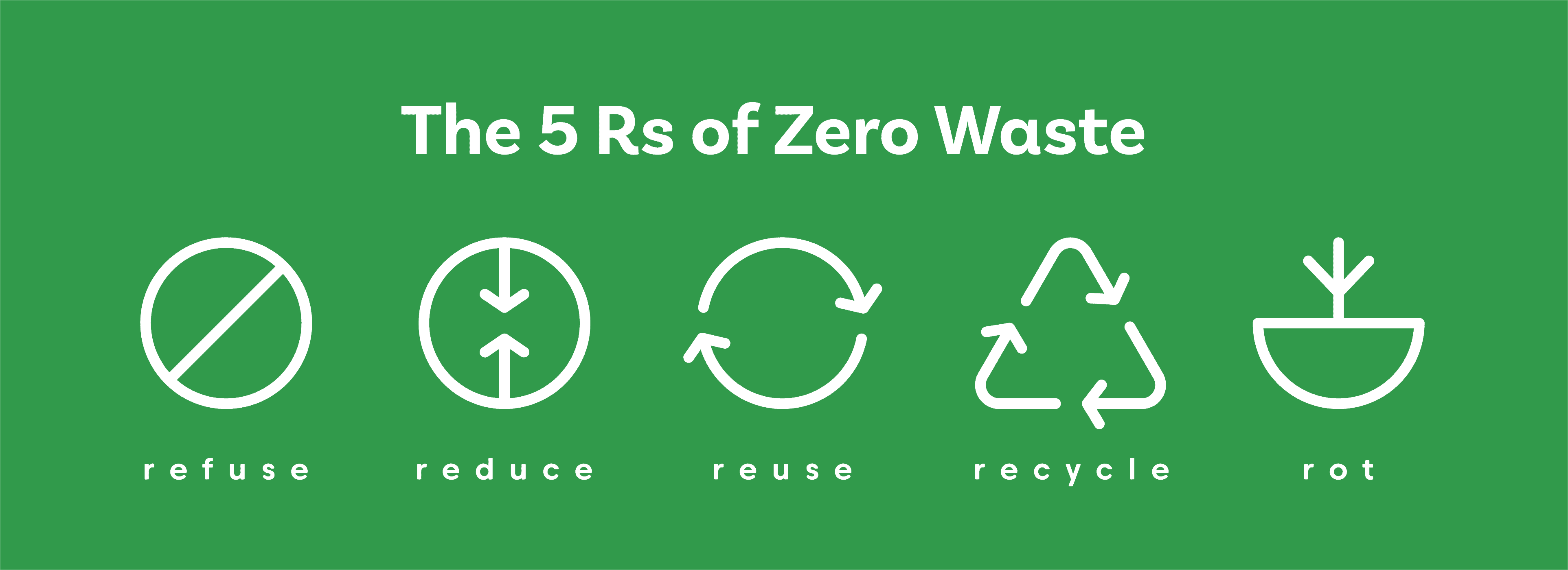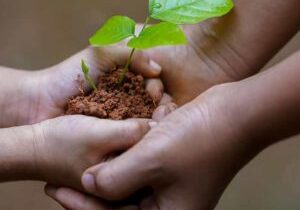Are you familiar with zero waste week? Perhaps you’ve heard of zero waste and thought “that’s ridiculous it’s not possible to create no waste”. You’d be correct with those thoughts, however as we’ve highlighted in previous articles on zero waste, the zero is not a number — it’s a goal.
The Goal: reuse and recovery of products, thereby eliminating waste ending up in landfill, water or air.
Founded in the United Kingdom in 2008 by Rachelle Strauss, an award-winning sustainability consultant, Zero Waste Week has grown an international following of over 56 million participants worldwide.
This year zero waste week will take place from September 6 to 10, 2021. The campaign aims to help households, businesses, schools and community groups increase recycling and reduce landfill waste.
Zero Waste Week recognises the need for composting organic food waste rather than placing food in landfill where it produces methane, a global warming greenhouse gas. The campaign also tackles the problem of disposal products, such as plastic packaging that continues to add environmental pollution in both volume and toxicity.
Where does one start to make changes to their household routine in order to reduce waste? The best way is to follow the 5 R’s of Zero Waste:

1. Refuse
The first step towards reducing waste is to simply refuse. Where possible refuse to purchase items that are packaged in plastic. Question if you really need that product or not. Is there a plastic free alternative? Is there a reusable alternative? Do you really need that bottle of water, or that smoothie that comes in a disposable plastic cup, or is there a better more eco-friendly, less wasteful option available?
2. Reduce
By simply refusing to purchase a product packaged in plastic you are already making a reduction in your consumption. The second tier in the hierarchy is also aimed at minimising the quantity of items you purchase, their toxicity and ecological footprint.
3. Reuse
Our forefathers were leaders in this type of lifestyle — reusing what they have before purchasing something new. It’s definitively a habit more of us need to peruse.
4. Recycle
Although the Zero Waste Hierarchy places recycling in the fourth position, we would encourage you to move it to the end of the waste hierarchy. Why? Because recycling is not the solution the plastic pollution problem. Over the past 40 years of constant recycling campaigns, we continue to have issues surrounding plastic pollution. Clearly the message that recycling is the answer to our waste management problems has not worked. We really need to strongly highlight Refusal and also Rot — purchasing less products that are packaged and plastic and more items that are compostable, along with the implementation of composting in both household and business settings.
5. Rot
When we talk about rot it’s not in reference to items rotting in landfill, but rather it’s a reference to composting. There are many different ways one can implement composting in their homes. Whether you have a small space or a large space, whether you're wanting to use your composted materials for gardening or not, there are a variety of solutions that can fit your lifestyle. We have discussed several of these different methods in our article 5 Ways to Compost.
Although Zero Waste Week takes place between September 6 to 10, it doesn’t mean that one should reduce their waste only during this period. Like the month dedicated to Plastic Free July, Zero Waste Week is simply an awareness campaign, designed to challenge the way you view waste.
It’s said it can take just 18 to 21 days to form new habits, we encourage to you take a look at what changes you can make today to start forming new zero waste habits.
To learn more about Zero Waste Week visit our pervious blog post: Zero Waste — it’s not measured in numbers.
RECENT POSTS

Author Bio - Catherine Anne Earle
Thanks for reading. I'm Cathy the founder of EORTH Australia, an online store that stocks only plastic free products.
I started EORTH after participating in a Plastic Free July many years ago. A few days into the Plastic Free July challenge I soon became aware of just how damaging plastics were to the environment, and although I was conscious of my consumer choices, products packaged in single use plastic and household products from of plastic materials were still very high on my list of purchases.
After lengthy searches for alternatives to plastic products I soon realised that there were a lot of eco stores that sold some plastic free products, but very few really got down to the heart of the plastics issues and said a big hard "no" to selling products that contained plastics — and that is exactly what EORTH is all about.
I have a Bachelor of Arts in Communication Management and was the owner and founder of Sun Peaks Independent News, a community newspaper based in British Columbia, Canada.
After moving back to Australia several years ago I now reside in Palm Cove a beachside suburb in my hometown of Cairns — the gateway to the Great Barrier Reef.











